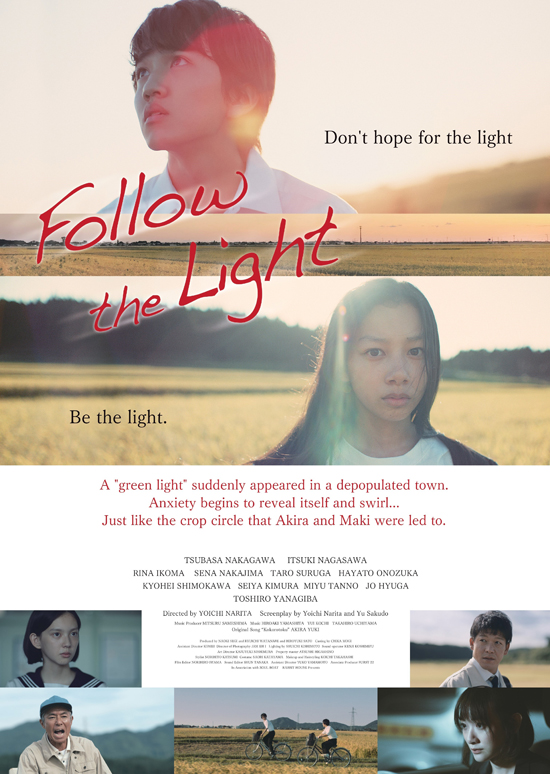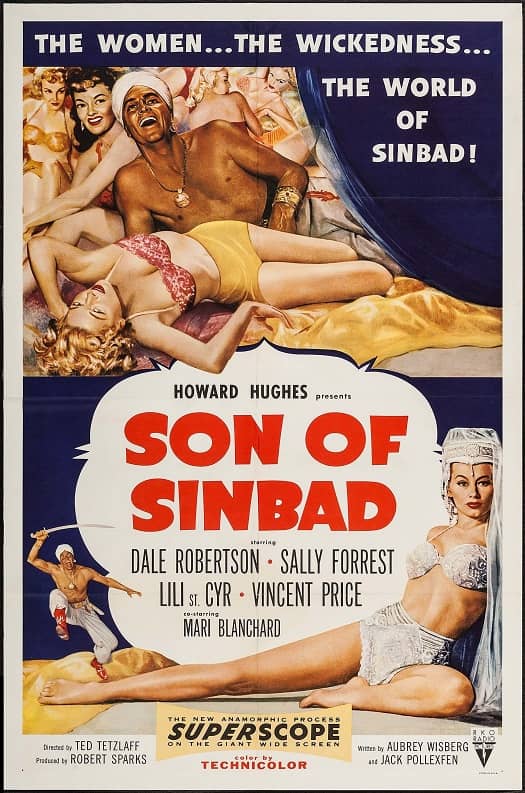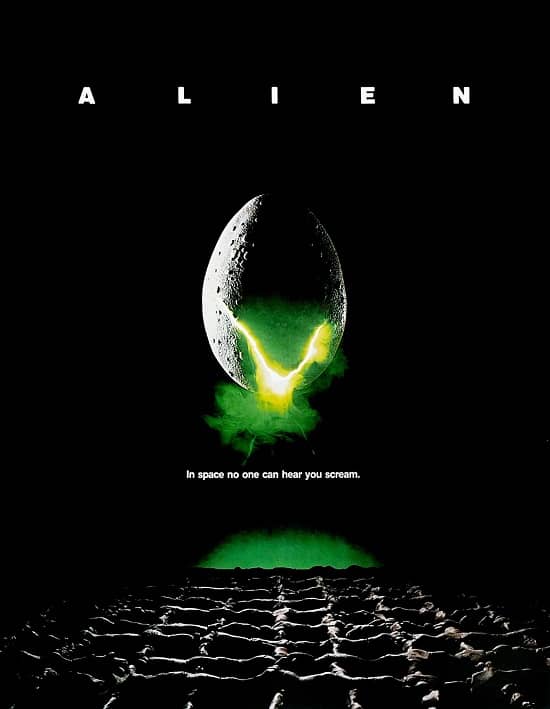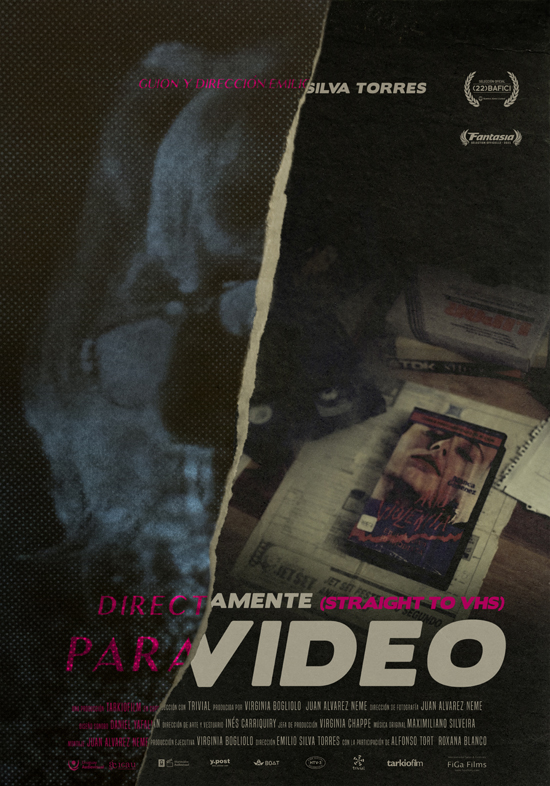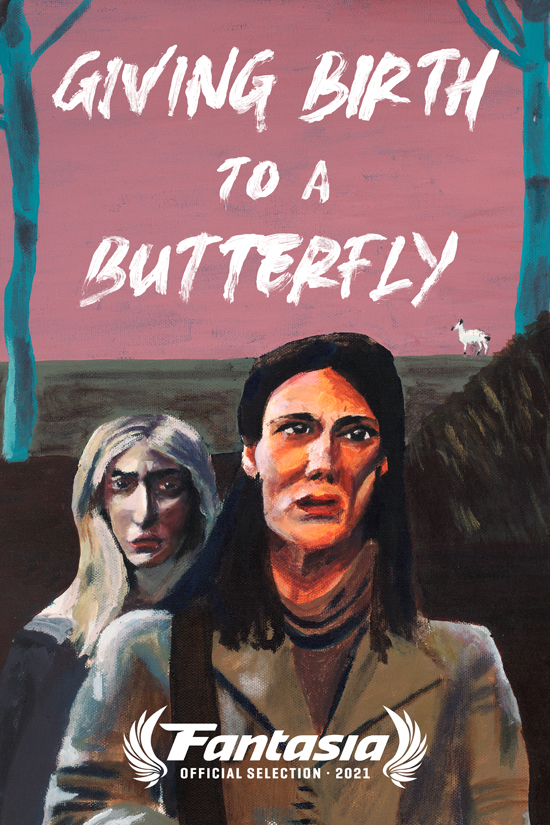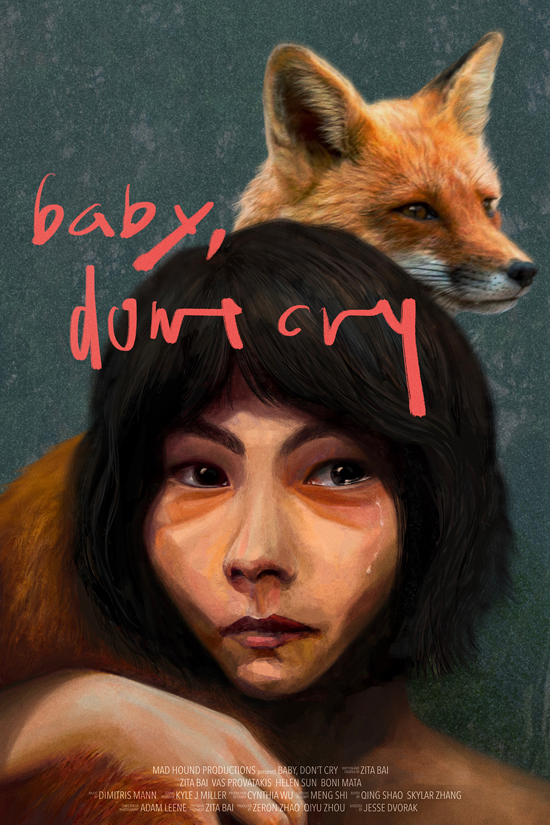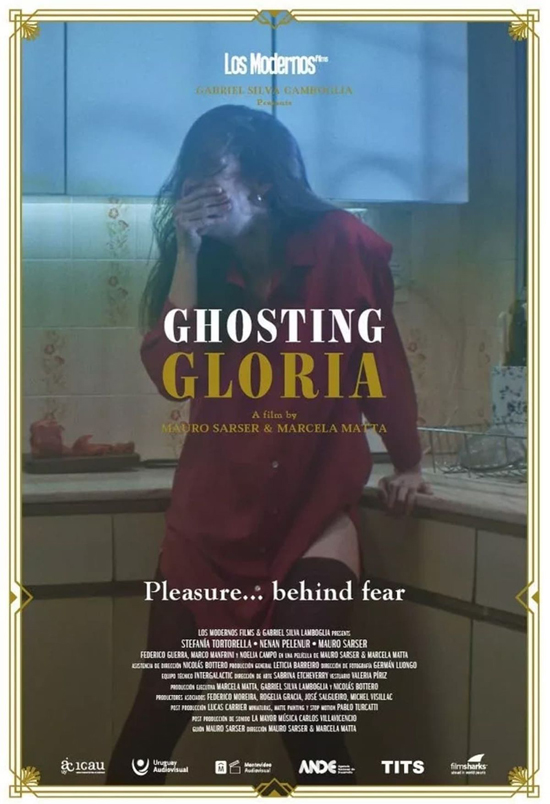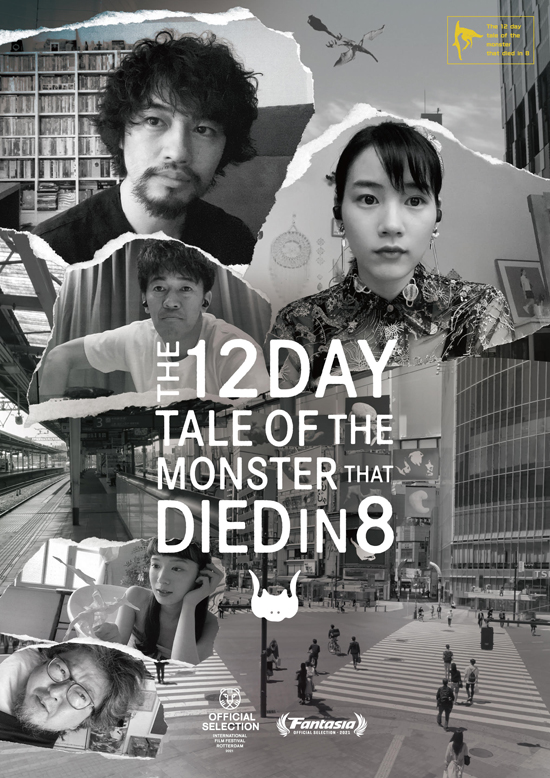Fantasia 2021, Part XXVII: What Josiah Saw
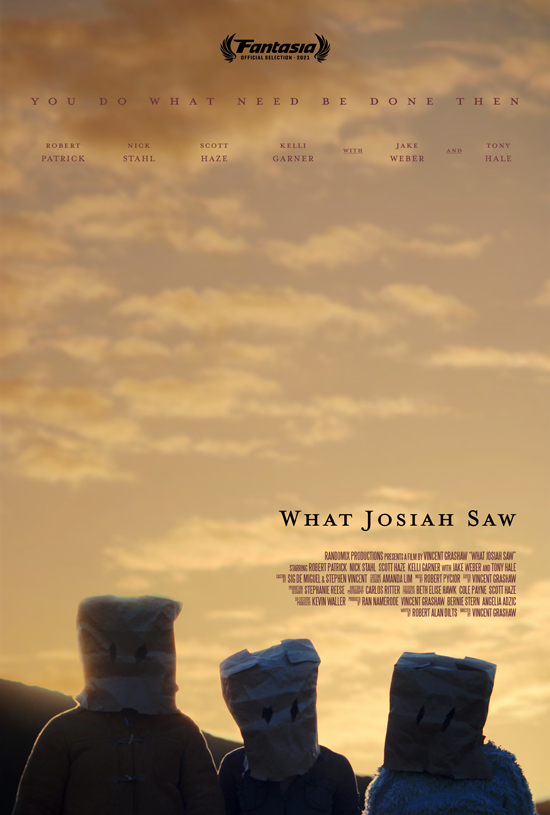 “The Gloom” (“La Penumbra”) is a 14-minute short from Spain’s Dani Viqueira, written by Luis Sánchez-Polack. It follows a young family with a mother, Laura (Lorena Hidalgo), who is in the middle of intense studies to earn her medical degree, potentially useful as her husband Joaquin is a hypochondriac. After a car ride marked by the squabbling of their children Tomás (Jaime P. Barahona) and Rosa (Lucía Hidalgo), Laura is menaced by what appears to be the incursion of the supernatural into the family home. But more may be happening here than meets the eye. In fact the ending’s fairly simple but emotionally effective, especially as it follows an atmospheric and involving horror sequence. The movie’s a very solid piece of work.
“The Gloom” (“La Penumbra”) is a 14-minute short from Spain’s Dani Viqueira, written by Luis Sánchez-Polack. It follows a young family with a mother, Laura (Lorena Hidalgo), who is in the middle of intense studies to earn her medical degree, potentially useful as her husband Joaquin is a hypochondriac. After a car ride marked by the squabbling of their children Tomás (Jaime P. Barahona) and Rosa (Lucía Hidalgo), Laura is menaced by what appears to be the incursion of the supernatural into the family home. But more may be happening here than meets the eye. In fact the ending’s fairly simple but emotionally effective, especially as it follows an atmospheric and involving horror sequence. The movie’s a very solid piece of work.
Bundled with it was the American feature What Josiah Saw. Directed by Vincent Grashaw and written by first-time screenwriter Robert Alan Dilts, it follows the family of one Josiah Graham (Robert Patrick, the T-1000 himself). Josiah’s three kids are adults now, in their 30s or thereabouts, and they’ve taken different paths in life. The movie opens somewhere in the southwestern US, with oil men talking about buying the Graham homestead; we then follow the youngest child, Thomas (Scott Haze), living on the old family property, overseen by the patriarchal Josiah. This first act establishes an uncomfortable, horrific atmosphere with some notably disturbing moments.
